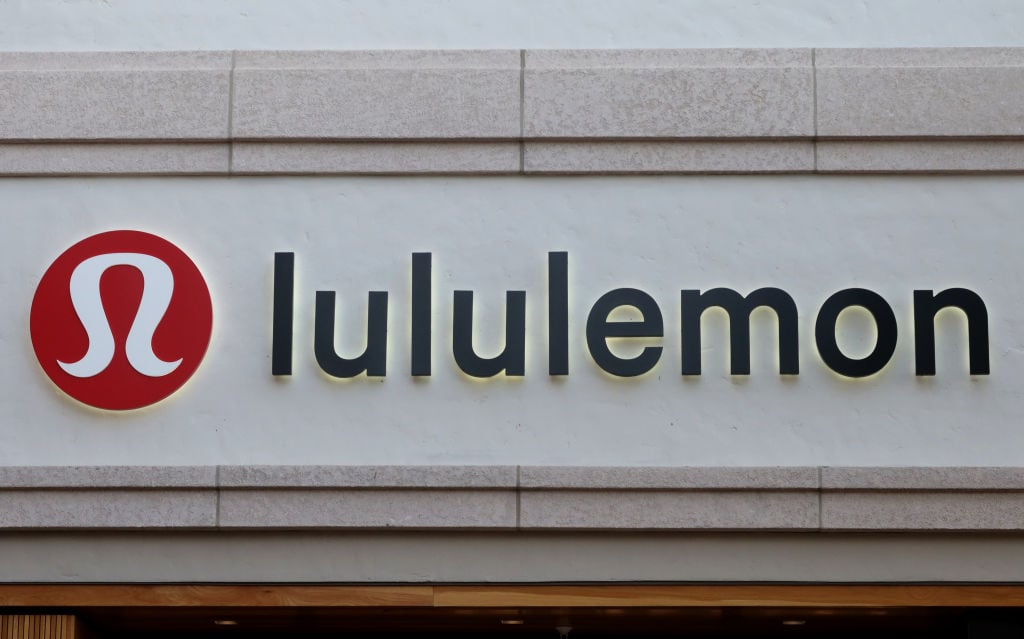For many people, the higher they go, the scarier it gets. There's also a version of this acrophobia that applies to some income investors. The higher a dividend yield is, the more afraid they become.
Such fears are sometimes justified, but not always. Do you want safe dividend income in 2025 and beyond? Invest in the following three ultra-high-yield dividend stocks.

Image source: Getty Images.
1. Enbridge
Enbridge (ENB +1.37%) clearly falls into the ultra-high-yield category, with a forward dividend yield of approximately 5.8%. I don't think income investors have anything to worry about with this juicy dividend, though.
For one thing, Enbridge has increased its dividend for 30 consecutive years. That's an impressive streak that management doesn't want to end. They shouldn't have to: Enbridge continues to generate strong distributable cash flow.

NYSE: ENB
Key Data Points
The company describes its business profile as "low-risk" and "utility-like." Those are words income investors like to hear -- and they happen to be true, in this case. Enbridge runs the largest oil and liquids pipeline system in the world. Its pipelines transport around one-fifth of the natural gas consumed in the U.S. The company is also the largest natural gas utility in North America based on volume.
Don't mistake Enbridge's stable business as boring, though. Energy demand is rising, in part due to the surging adoption of artificial intelligence (AI) systems that require massive amounts of power. Enbridge is in the right business at the right time to help meet those needs.
2. Kenvue
Kenvue's (KVUE +0.06%) forward dividend yield of 5.1% attractive. However, the negative publicity the company has received this year isn't. Kenvue makes Tylenol, which the Trump administration has singled out as a potential contributing cause of autism. The consumer health company's sales have also declined.
But I think Kenvue's dividend is safe -- at least for a while. Kimberly Clark (KMB +0.31%) recently announced plans to acquire Kenvue. This transaction is expected to close in the second half of 2026. In the meantime, I expect Kenvue's dividends to continue flowing at current levels.

NYSE: KVUE
Key Data Points
The good news for income investors is that they'll still receive hefty dividends after the acquisition is finalized. Kimberly Clark's forward dividend yield of 5% is only slightly below Kenvue's.
Even better news, though, is that buying shares of Kenvue could pay off nicely in a short period, assuming there aren't any roadblocks with Kimberly Clark's acquisition of the company. The offer price for Kenvue reflects an enterprise value of $48.7 billion, around 28% higher than the consumer health giant's current enterprise value.
3. Realty Income
If you're seeking even greater income, Realty Income (O 1.31%) could be just the ticket. This real estate investment trust (REIT) offers a forward dividend yield of 5.7%. Realty Income even distributes its dividends monthly rather than quarterly.
You won't find too many safer dividends than this one. Realty Income has paid a dividend for 664 consecutive months. It has increased the dividend for 30 consecutive years (since it began trading publicly). These increases haven't been puny ones, either, with a compound annual growth rate of 4.2%. The REIT has also generated positive total operational returns (the sum of adjusted funds from operations growth per share and dividend yield) for 29 consecutive years.

NYSE: O
Key Data Points
This track record is a direct result of Realty Income's diversified portfolio of properties. The REIT currently owns or holds interests in 15,542 properties leased to 1,647 clients representing 92 industries. Roughly 98.7% of these properties are occupied, with a weighted average remaining lease term of around 8.9 years. Realty Income can count on steady rental revenue, while income investors can count on steady (and growing) dividends.
Investors could enjoy solid share price appreciation as well. Realty Income is targeting a total addressable market of $14 trillion. Around $8.5 trillion of this market is in Europe, where the company faces minimal competition from other REITs.






